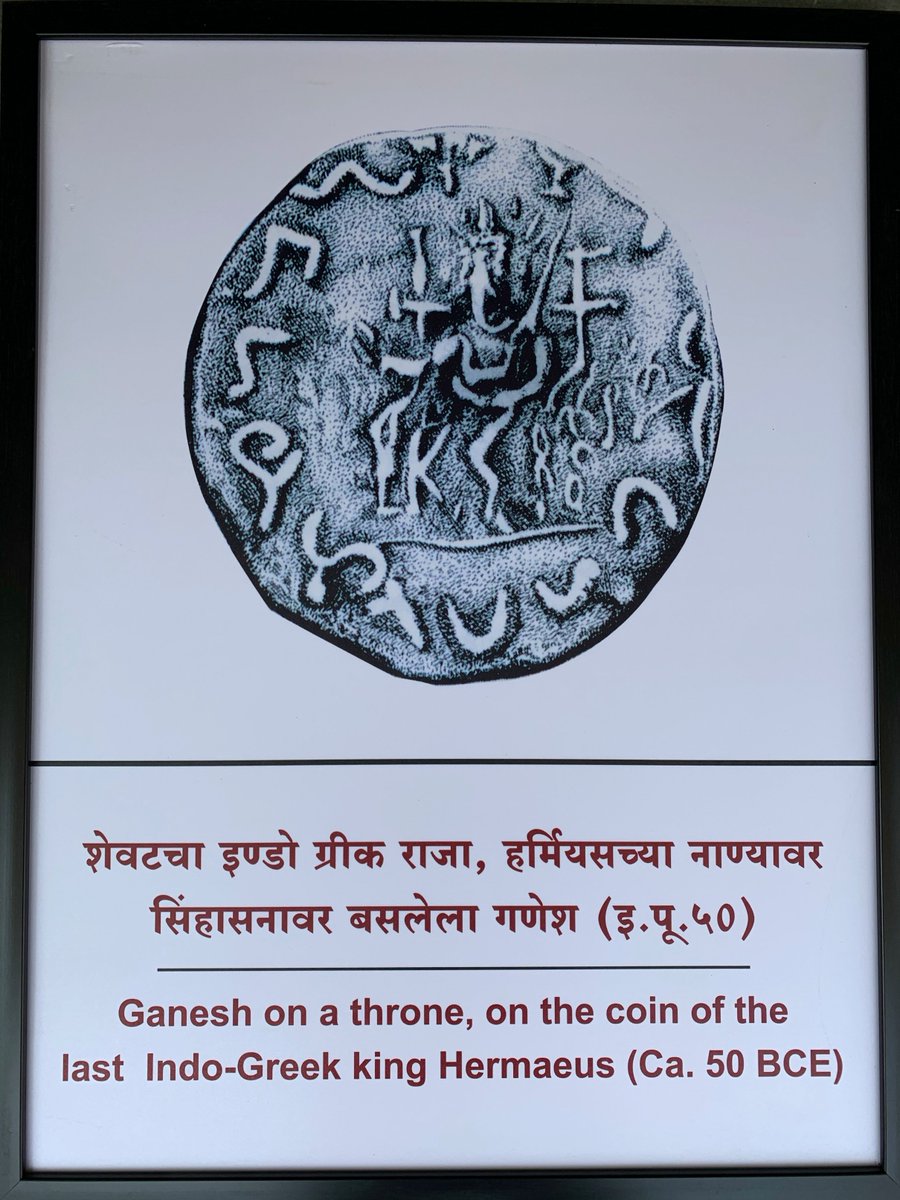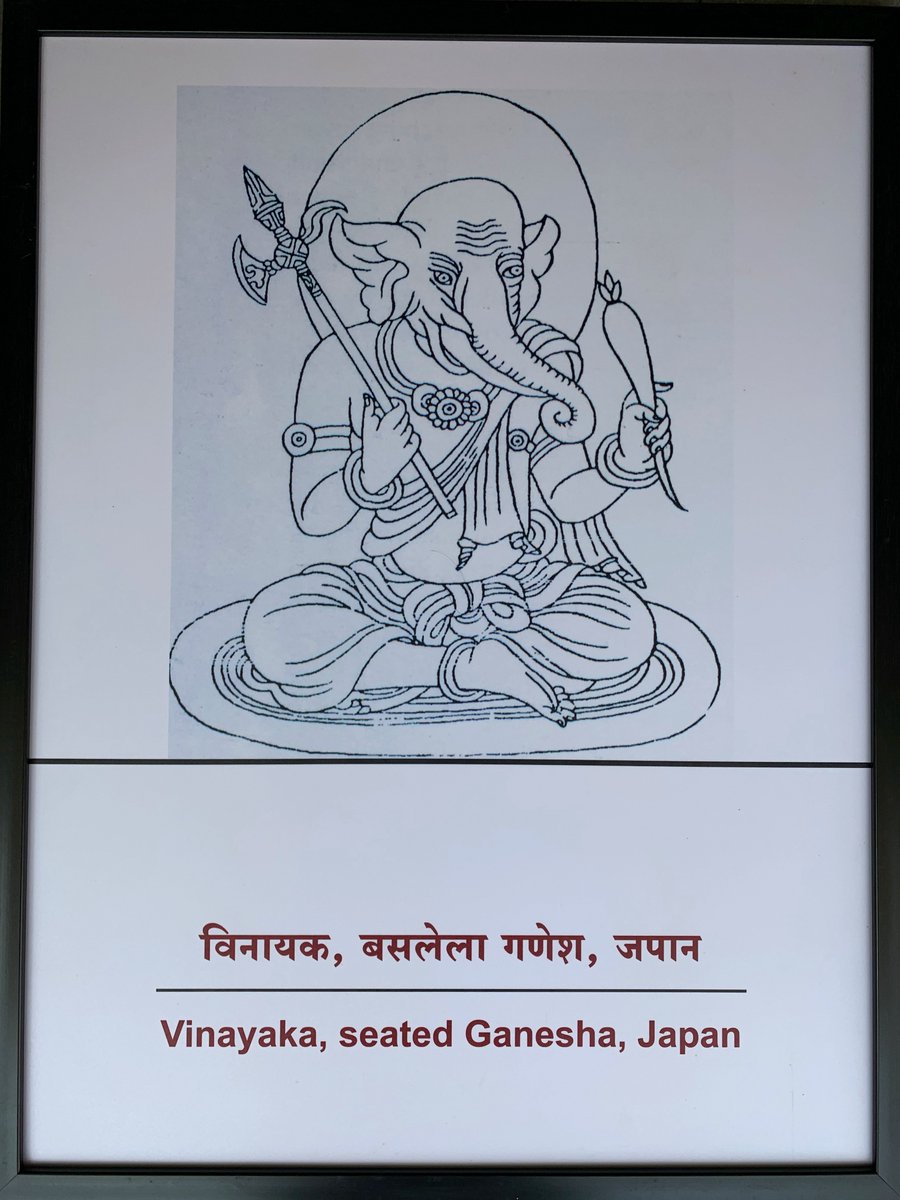
Today a total lunar eclipse is occurring on Vaishakh Purnima.
1402 years ago in 619 CE, a lunar eclipse occurred on Vaishakh Purnima as well.
On that day, Chalukya king Pulkeshin commissioned a copperplate inscription that eulogized his victory over Emperor Harshwardhan
1/5
1402 years ago in 619 CE, a lunar eclipse occurred on Vaishakh Purnima as well.
On that day, Chalukya king Pulkeshin commissioned a copperplate inscription that eulogized his victory over Emperor Harshwardhan
1/5

The battle between King Pulkeshin and Emperor Harshwardhan, and its outcome, was a defining moment of India's early-medieval history.
The exact timeline of the event was long uncertain, and was thought to have occurred somewhere between 610 CE - 634 CE.
2/5
The exact timeline of the event was long uncertain, and was thought to have occurred somewhere between 610 CE - 634 CE.
2/5
However it was the discovery and the study of this inscription, and the mention of a lunar eclipse on Vaishakh purnima in it, which helped ascertain the exact year of the battle i.e., 619 CE.
3/5
3/5
It is our great pleasure to share that this research effort was led by our own Dr. Shreenand Bapat, who is the Registrar and Curator at Bhandarkar Institute.
4/5
4/5
The story also highlights the role of astronomical events in establishing historical timeline.
This fascinating area of study, Archeoastronomy, is a part of our upcoming online course, "Introduction to Ancient Indian Astronomy", which begins on June 7.
This fascinating area of study, Archeoastronomy, is a part of our upcoming online course, "Introduction to Ancient Indian Astronomy", which begins on June 7.
https://twitter.com/BhandarkarI/status/1396095291892277249
It's a belated much needed addition. We must express to our sincere gratitude to Shri Raghuvir Pai. The inscription was in his possession. His care and generosity was a key to this revelation.
• • •
Missing some Tweet in this thread? You can try to
force a refresh





